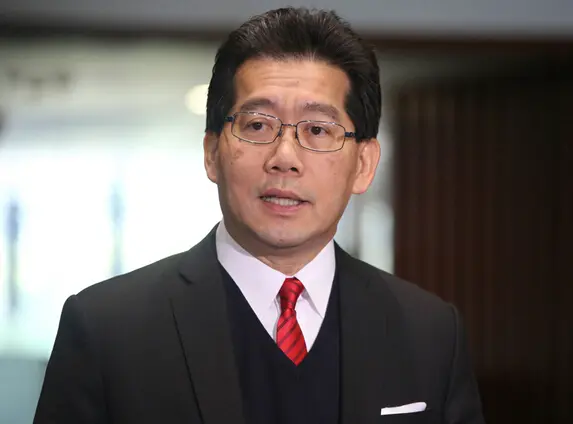As the Nepalese people grapple with an intensive rescue effort in the aftermath of Saturday's 7.9-magnitude earthquake, hundreds of Chinese are working side by side with them.
The presence of Chinese at the quake-stricken country is a mix of rescue crew, medical personnel and volunteers.
The massive earthquake and its aftershocks have devastated the landlocked Asian country by claiming more than 5,000 lives and injuring over 10,000 so far, while causing shortages of food, water, tents and medical supplies.
The Chinese government has responded quickly to the needs of the Nepalese people, sending a rescue team as early as possible and following that up with more personnel and relief materials. In addition, some Chinese tourists in the popular tourism country have also lent a helping hand to the distressed locals.
RESCUE TEAM ARRIVES EARLY
Following the earthquake, the 62-strong China's International Rescue Team arrived Sunday noon in Nepal's capital Kathmandu after a five-hour jet ride, making it the first heavy international rescue team to have reached Nepal after the massive disaster.
The Chinese rescue team is composed of 40 rescuers, 10 medical workers and 12 seismic experts.
Taking with it six sniffer dogs and equipment needed for rescue efforts, the team also brought some emergency relief materials for the country, including tents, blankets and power generators. Their plane was loaded with 20.5 tons of goods.
Members of the team successfully pulled a trapped 16-year-old out of the debris of a collapsed building in Kathmandu Sunday evening, the first survivor saved by the team.
The latest news from the team is that its members rescued another survivor in the capital early Tuesday morning, according to the Chinese Foreign Ministry.
The Chinese government has pledged to provide 20-million-yuan (about 3.4 million U.S. dollars) worth of humanitarian aid to Nepal.
MEDICAL & RESCUE PERSONNEL FOLLOW
A couple of hours after the search & rescue team started digging for survivors, a 58-member medical team from China arrived in Kathmandu Monday morning.
The team, which set up a makeshift hospital in one of the worst-hit areas, had so far treated 83 people, Chinese health authorities said Tuesday.
The team comprises experts from medical, pharmacy, osteology, nursing and psychology departments, among others.
They brought with them 13 tons of medical aid and are expected to stay in Nepal for about 10 days to carry out their humanitarian mission.
In light of the tremendous needs, the Chinese government also sent a 170-member army rescue and medical team to Nepal to further assist the rescue operations.
The majority of the military personnel arrived in the capital Monday evening, with the other 45 members set to arrive on Tuesday, the Chinese Foreign Ministry said.
The rescue soldiers, all experienced in earthquake rescue missions, are taking with them four sniffer dogs, five recovery vehicles and rescue equipment, including life detection equipment and entry tools.
They had participated in operations after several deadly quakes in southwest China, including the 2008 Wenchuan earthquake in Sichuan Province that killed more than 87,000 people.
In addition, four IL-76 planes from the People's Liberation Army (PLA) Air Force left an airport in Chengdu, capital city of Sichuan Province, for Kathmandu on Tuesday, carrying around 90 tons of humanitarian materials, military sources said.
The materials, including tents, blankets and power generators, are the first batch of 180 tons of goods offered by the Chinese government.
TOURISTS TURN INTO VOLUNTEERS
Besides official personnel, some Chinese tourists stranded in Nepal have also joined the efforts to help local victims.
Ye Liang, a tour guide from a Chinese travel agency, said he is staying to ensure all Chinese tourists from the agency depart safely, and also to provide assistance to local people.
"Heavy rain with hail poured down just now, and we brought some lemon ginger tea," Ye told Xinhua reporter on Tuesday. "Everyone has just gathered to pray, drink tea and chat, with no panic."
"A lot of tourists donated before they left," Ye said. Enditem
 简体中文
简体中文

